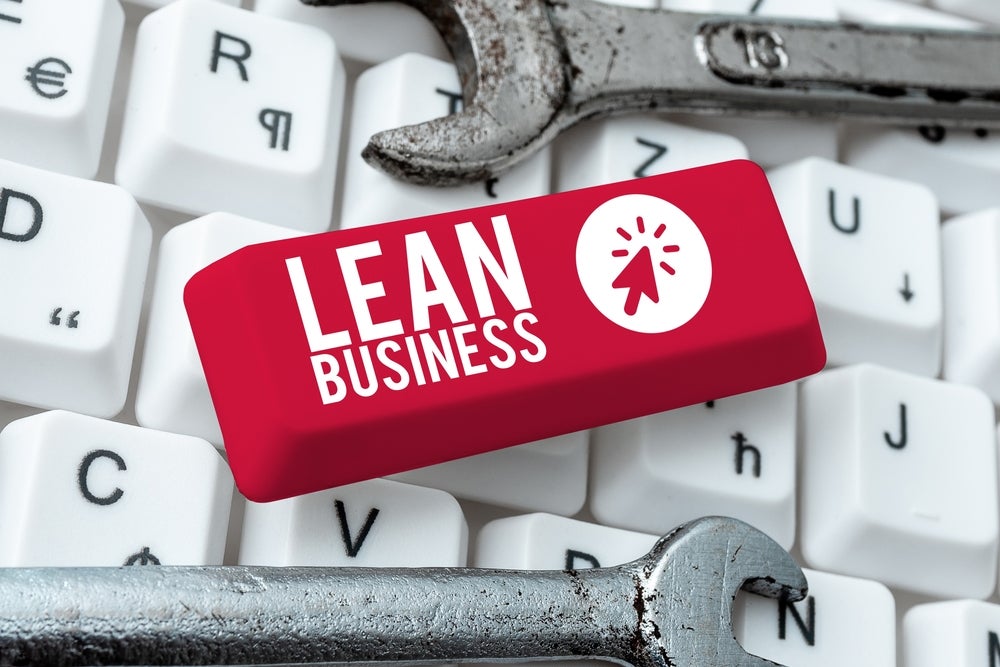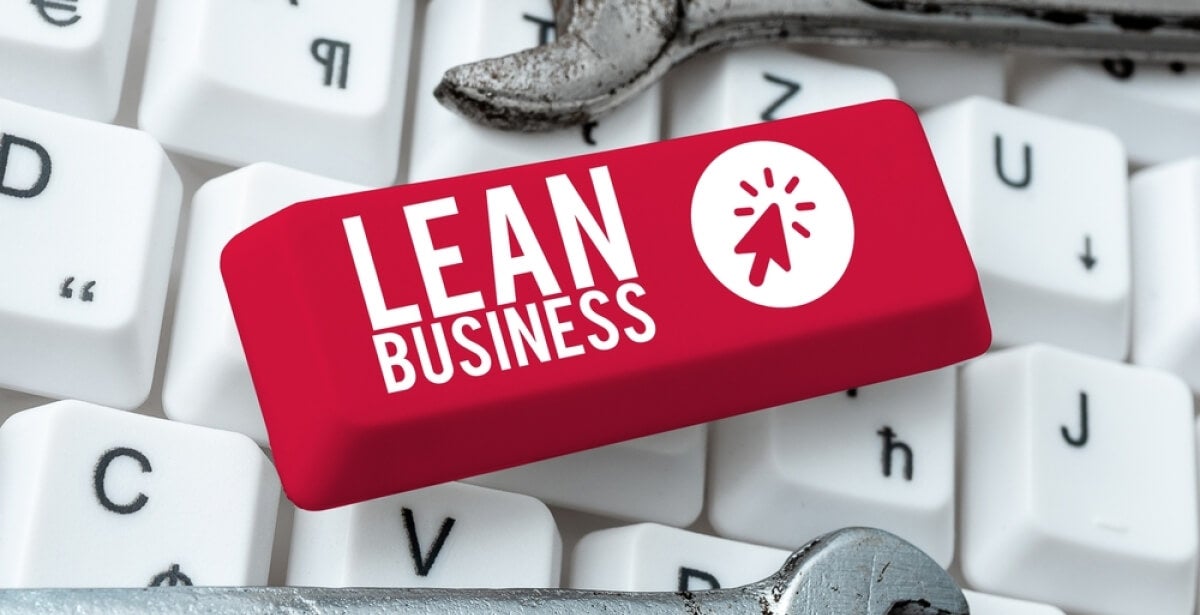
Kettering University Online MS Lean Manufacturing Program Focuses on “Learn Today, Use Tomorrow”
Adult learning theory has several principles articulating the importance of learner-centered approaches tailored to the needs, interests, and experiences of adult learners. Two of those tenets are relevance and immediate application. Adults learning new skills must be able to see the relevance and usefulness of what they are learning in order to be motivated to engage with the material. They also want to apply what they are learning immediately to their work and/or personal lives. Kettering University Online (KUO) Master of Science in Lean Manufacturing program’s recent re-design includes an impactful teaching methodology wrapped in an updated curriculum, which facilitates applied learning from the classroom to the workplace.
Master of Science Lean Manufacturing Program Highlights
Thanks to a fruitful collaboration between subject matter experts and contributing faculty, many of whom are currently working in the industry, the courses in the Master of Science Lean Manufacturing program have been re-designed to:
- Include the latest research from 2022.
- Include lean manufacturing videos, produced in-house, with subject matter experts and contributing faculty.
- Offer in-depth analysis of real-world scenarios, including the challenges, decision-making processes, and consequences of an organization’s actions.
- Provide opportunities for enhanced collaboration through teamwork and offer best-practices for individual leadership.
Let’s look at each in turn.
Latest Research
The methods, tools, and techniques of lean manufacturing have their origin in the Toyota Production System. This system “is based on the philosophy of achieving the complete elimination of all waste in pursuit of the most efficient methods (Toyota, 2023).” The end goal of applying this philosophy is to create value for customers.
Here is an example of some of the latest (2022) research topics KUO students are reading in the MS Lean Manufacturing program:
- Lean Tools in the Context of Industry 4.0: Literature Review, Implementation and Trends
- The Challenges of Lean Transformation and Implementation in the Manufacturing Sector
- Qualitative Analysis of Different Lean Assessment Methods: A Comprehensive Review of Applications
- Thirty Years with the Balanced Scorecard: What Have We Learned
- Lean Production Principles in Production Management
When exposed to a variety of current research, learners are able to understand and evaluate lean manufacturing principles and practices to make more informed decisions about applying them in real world scenarios.
New Videos
New lean manufacturing videos were produced in KUO’s in-house studio. Each course has an overview and a weekly introduction. Additionally, each course has videos explaining concepts in detail. Here are some examples of video topics:
- Process Flow Diagram and Re-Engineering
- The Pursuit of Process Centering and Variation Reduction
- Creating SPC Charts
- Lean is a Management System, not a Toolbox
- Lean Tools and Metrics
Incorporating more videos into MS Lean Manufacturing courses provides learners with a visual representation of what is being taught. These videos are particularly helpful because they provide clear demonstrations of lean manufacturing tools and principles which can be difficult to grasp from text alone.
Lean in the Real World
All KUO courses are designed with an approach linking theory to application. The “Learn Today, Use, Tomorrow” approach encourages learners to use their current workplace challenges in the classroom and bring what they are learning in the classroom back to work. Here are a few examples of discussions and assignments designed with this approach in mind:
- Complete a process re-engineering project by demonstrating the skills required to optimize and improve an existing workplace process.
- Analyze Deming’s 14 Principles and identify three, which your company, or a company with which you are familiar, are struggling to implement. Then, suggest solutions.
- Choose a particular problem the organization is facing and choose any lean tool or technique you think may provide a solution. Summarize the application of this tool and explain how it provides a possible solution to the problem you identified.
Through consistently using real-world scenarios, and connecting theory to practice, learners are sharpening their critical thinking skills, enhancing their problem-solving skills, and developing a wider context for understanding how to use lean concepts and tools in different industries with myriad application.
Teamwork and Leadership
The importance of being able to work well independently, and with a team, is woven throughout courses in the program; as are best practices for being both a good follower and good leader. Through discussion questions, assignments, and group projects, learners have multiple opportunities to stretch their comfort zones.
KUO graduates are able to effectively:
- Motivate themselves when working independently and proactively problem-solve when faced with challenges and obstacles.
- Collaborate and communicate with those in all levels and all departments of an organization. Lean manufacturing is a team-based approach grounded in the concept of cross-functional teams working together to identify and eliminate waste in a manufacturing and/or service process.
- Apply leadership skills in order to create and support a culture of continuous improvement.
The lean program at KUO truly enhances your skill set by learning to think lean. Lean thinking is a mindset and developing them here at KUO will promote you to apply it and make some strides in your career. The resources and learning materials have been revised and updated to include the latest research and methods. The methodologies learned will help you to bring about better efficiencies to your processes. The faculty are all well versed and continue to apply lean methodologies at their work and life to stay on a path of continuous improvement.
— Dr. Prakash Menon, KUO Contributing Faculty, Faculty Mentor and Lean Manufacturing Subject Matter Expert
Regardless of industry, whether a company is manufacturing a product or providing a service, it is a safe bet that it would benefit from implementing streamlined processes designed for an efficient and lower-cost operation. KUO graduates often report how surprised they are at how quickly they are able to use what they learned in class to reduce waste, create efficiencies, and save their employers money.
Kettering Online's Innovative Master's Degree in Lean Manufacturing
The only program of its kind in the United States, Kettering University's online Lean Manufacturing master's degree program teaches the modern manufacturing process knowledge and Lean Six Sigma skills needed to improve quality output, streamline processes and reduce waste
The lean program at KUO truly enhances your skill set by learning to think lean. Lean thinking is a mindset and developing them here at KUO will promote you to apply it and make some strides in your career. The resources and learning materials have been revised and updated to include the latest research and methods. The methodologies learned will help you to bring about better efficiencies to your processes. The faculty are all well versed and continue to apply lean methodologies at their work and life to stay on a path of continuous improvement.
References:
Is lean manufacturing still relevant in 2021 and beyond? (2021). Four Principles. https://fourprinciples.com/expert-opinion/is-lean-manufacturing-still-relevant-in-2021-and-beyond/#:~:text=IN%20AN%20ENVIRONMENT%20IN%20SUCH,to%20navigate%20this%20new%20environment.
Maware, & Parsley, D. M. (2022). The Challenges of Lean Transformation and Implementation in the Manufacturing Sector. Sustainability (Basel, Switzerland), 14(10), 6287–. https://doi.org/10.3390/su14106287
Prosvirina, N. V., Tikhonov, A. I., Okagbue, H. I. (2022). Lean production principles in production management. Russian Engineering Research, 41(12), 1263-1268.
Rossi, G., Henrique, A., Marcondes, G. B., Pontes, J., Leitao, P., Tavares Treinta, F., Martins de Resende, L. M., Mosconi, E., & Yoshino, R. T., (2022). Lean tools in the context of industry 4.0: Literature review, implementation and trends. Sustainability, 14(19), 12295.
Tawse, A., & Tabesh, P. (2022). Thirty years with the balanced scorecard: What we have learned. Business Horizons.
Toyota Production System (2023). https://global.toyota/en/company/vision-and-philosophy/production-system/

